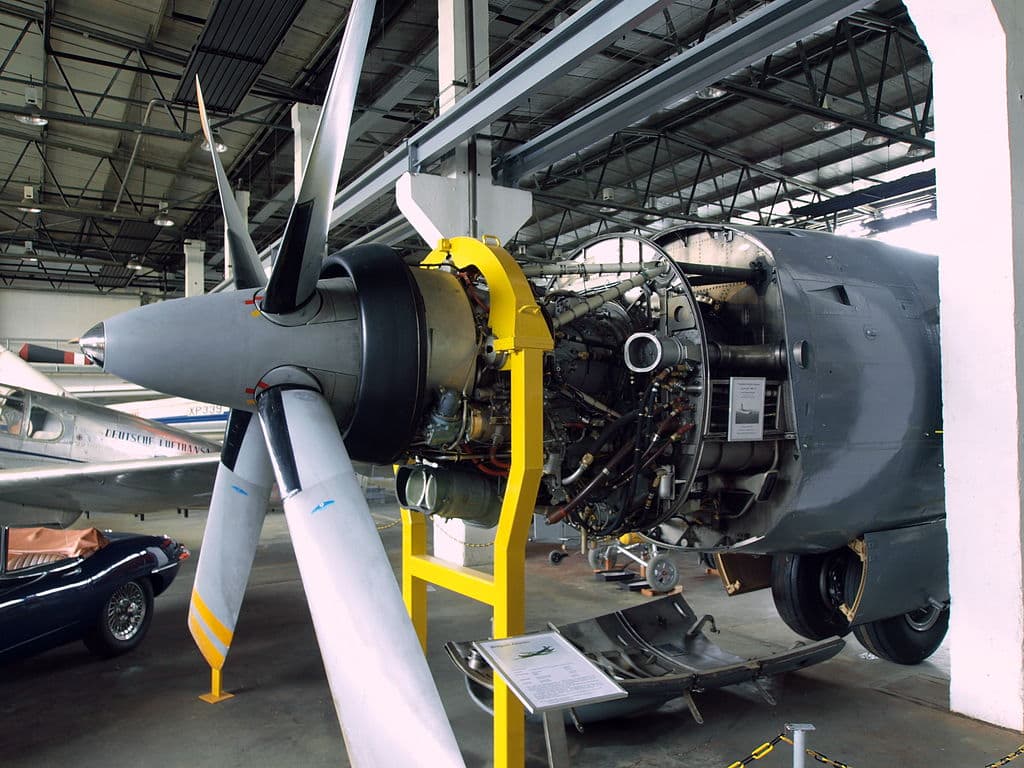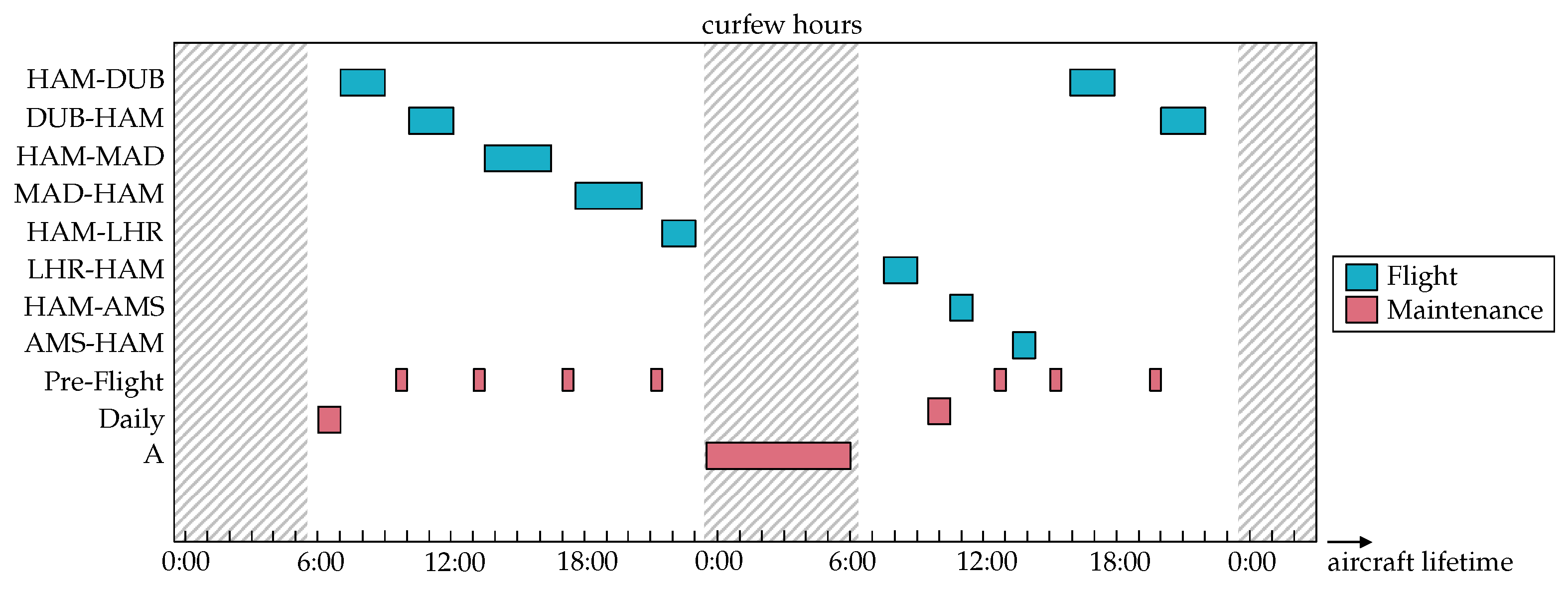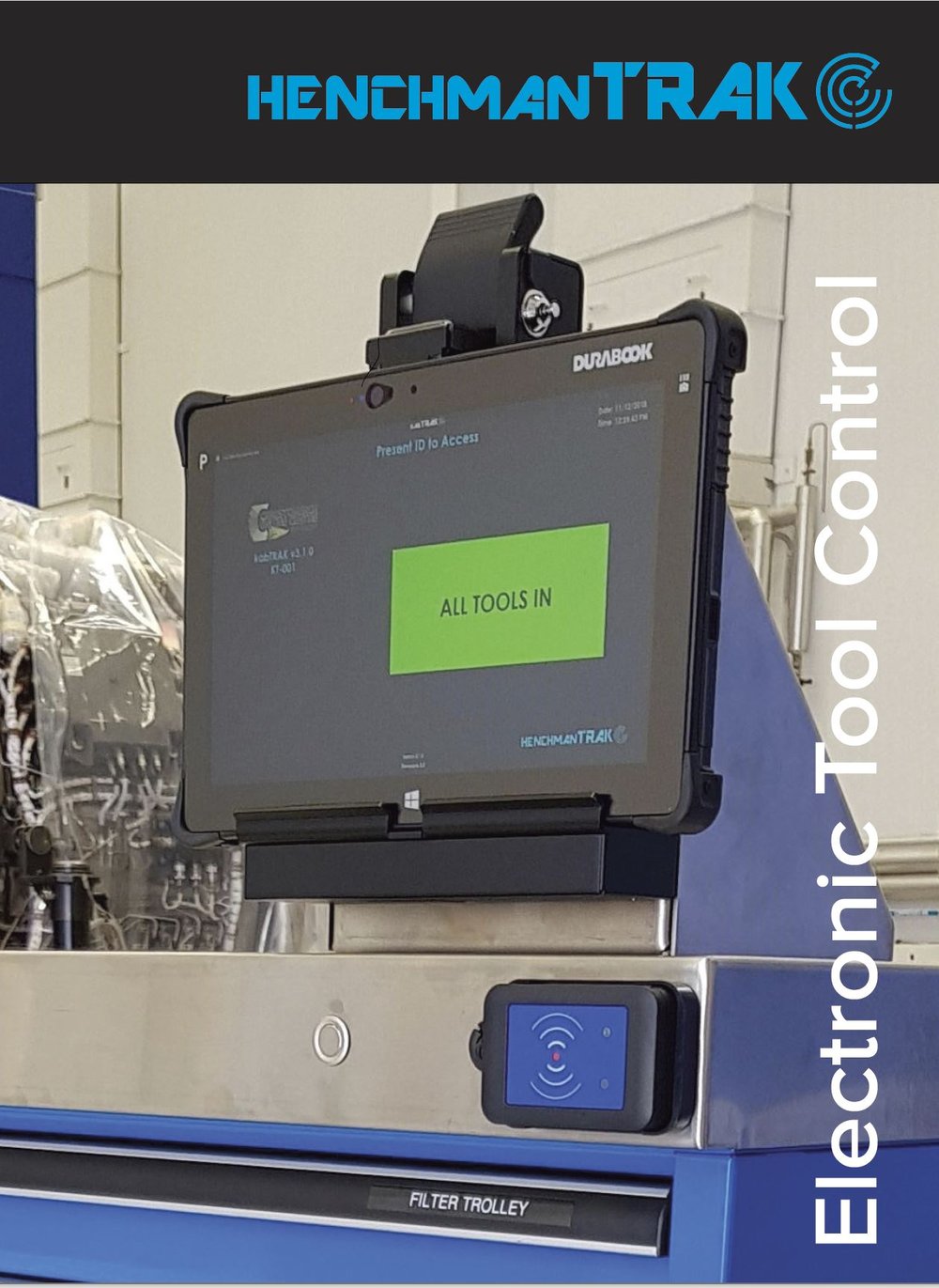Aircraft Mechanic Pros And Cons - Aviation maintenance is an industry trending towards higher demand. The role of an aircraft maintenance technician is vital to the aviation ecosystem. These individuals maintain the aircraft they are responsible for operating safely and efficiently, from minor internal components to major external parts, ensuring they all work together seamlessly.
If you would like to train to become an aircraft mechanic, you can begin the process today. One institution for studying to become an aircraft mechanic is Spartan College of Aeronautics and Technology. Spartan has several locations across the US for studying aviation maintenance technology: Tulsa, Oklahoma, Broomfield, Colorado, Inglewood, California and Inglewood's branch campus in Riverside, California.
Aircraft Mechanic Pros And Cons

Successful completion also qualifies you to take the FAA's written, oral, and practical tests for the Mechanic's Certificate. If you train to become an aircraft mechanic, your first position will likely be entry-level. To help you estimate that pay, you can use the bottom 10th percentile from the Bureau of Labor Statistics.
Professional Training Training To Become An Aircraft Mechanic At Spartan
As of 2019, entry level wages (lowest 10 percent) of aircraft mechanics in the United States earned around $37,890 per year. There are a few disadvantages of being an aircraft mechanic. One is that the work can be physically demanding, and sometimes dirty and noisy.
Another is that it can be difficult to find full-time employment as an aircraft mechanic, since there are relatively few airlines and other companies that operate their own fleets of aircraft. Finally, working as an aircraft mechanic generally requires completing a formal training program at an accredited institution, which can take several years and cost tens of thousands of dollars.
Because aircraft mechanics are tasked with keeping aircraft safe, there is a lot of pressure and it can move at a fast pace. If you don't thrive under pressure, this may not be the right field for you.
Spartan College's program covers Maintenance Human Factors that affect the working environment and covers the common causes that lead to human errors in the aviation industry. For people who enjoy doing work with their hands, training to be an aircraft mechanic could be ideal.
Earning Potential
Mechanics spend their workdays inspecting, maintaining, and repairing planes, so they are on their feet and working with their bodies — no pushing paper behind a desk all day or sitting behind a computer screen for hours on end.
If you are well-suited to an active role that uses both your brain and your body, training to become an aircraft mechanic may be just the right choice for you. There are many pros and cons to being an aircraft mechanic.

The most obvious pro is that you get to work on airplanes! This can be a very exciting and interesting job for someone who loves planes and enjoys working with their hands. There are also many opportunities to travel as an aircraft mechanic, since many airlines have mechanics based all over the world.
The downside of this career is that it can be very dangerous; there have been several high-profile accidents involving mechanics in recent years. It is also a physically demanding job, so it is not suitable for everyone.
What Are The Disadvantages Of Being A Aircraft Mechanic?
Another con is the pay; while it's possible to earn a good salary as an aircraft mechanic, it's not always the case. If you're interested in eventually working as an aircraft mechanic, it's smart to live near a big city that attracts a lot of air travel.
Cities that have multiple airports or attract a lot of tourism (or business travel) have the most opportunities for aircraft mechanics. This puts a few limitations on where mechanics should look for homes after they have completed their training.
There are a vast range of potential professional paths for anyone who is interested in becoming involved in the aviation industry. From training to be a pilot to becoming an aviation electronics technician, there are countless ways that a person can become involved with aeronautics.
One way is by training to become an aircraft mechanic. Aircraft mechanics know the ins-and-outs of airplanes, how they work, how to repair them, and how to check for safety standards. The following guide can help you understand the steps you should take to train to become an aircraft mechanic, and both the pros and cons of pursuing aircraft mechanics as a profession.
Fast-Paced High-Pressure
Los Angeles AreaCollege CatalogCatalog Supplement and Employee ListProgram BrochureBPPE State Performance Fact Sheet – Airframe & PowerplantBPPE State Performance Fact Sheet – Aviation Maintenance TechnologyBPPE State Annual Report - DiplomaBPPE State Annual Report - AssociateBPPE Website
Being a pilot may be the most well-known career in the aviation industry, but it is not the only one. Several people fill various roles to make sure all passengers and crew have a safe and pleasurable flight experience.

Most of them work behind the scenes – including aircraft maintenance technicians. The FAA specifies a few basic eligibility requirements that you must meet to become an aviation mechanic. First, you must be at least 18 years of age and know how to read, write, speak and understand English.
Next, you must have 18-30 months of practical experience – either obtained on-the-job (OTJ), by graduating from an FAA-approved Aviation Maintenance Technician School (AMTS; also called a "147 school"), or through completing a joint aviation/military training course.
Do Hands-On Work
The number of months of practical experience depends on the rating you want on your certificate: Airframe only, Powerplant only, or both. Suppose you choose to be an apprentice and get OTJ training. In that case, you should know in advance that the FAA requires your work experience to be fully documented and performed under the supervision of a certified aviation mechanic (see FAQs section).
The job of an AMT is a crucial part of the aviation industry. AMTs not only test aircraft and make repairs, but they also log notes, keep records, and manage the tools and equipment. Numerous duties and responsibilities fall under this job description.
An aircraft maintenance technician (AMT) oversees the routine maintenance, repairs, inspections, and so forth on all the aircraft under their care, whether cargo or passenger. Airframe and powerplant (A&P) technicians are certified by the FAA and highly trained in their field.
There are many factors to consider when thinking about training to become an aircraft mechanic. After all, according to a recent study by Boeing, there will be a significant need for new aircraft mechanics and aircraft maintenance technicians in the next two decades.
May Need To Live In Or Near A Big City
If you want to train to become an aircraft mechanic, you must attend a program that teaches students how to maintain and work on aircraft technology, like the Aviation Maintenance Technology program (AMT) offered at Spartan College of Aeronautics and Technology.
When you train in an FAA approved program, you learn how airplane technology works, and you also gain the hands-on training needed to maintain, inspect, and repair the aircraft and its associated systems. When you train to become an aircraft mechanic, especially at an FAA approved program like the one offered at Spartan College, you'll be trained not only for the aviation industry, but you'll also develop skills that will prepare you to work in a

variety of related industries. If you're an aircraft mechanic who wants to do something new professionally, you'll already have similar training under your belt — especially if you're interested in other maintenance industries or professions. I'm an aircraft mechanic, and I absolutely hate it.
It's dirty, dangerous work that requires long hours and a lot of physical labor. And the pay is terrible. So why do I do it? Because I love flying. Working on airplanes is my way of being a part of the aviation industry, even though I'm not a pilot myself.
Steps To Become An Aircraft Maintenance Technician
I get to work with my hands, fixing and maintaining the machines that allow people to fly. It's a challenging job that demands a lot of skill and knowledge, and I take pride in doing it well.
But at the end of the day, I always go home feeling exhausted and covered in grease. It's not an easy job, but someone has to do it. And as long as there are airplanes in the sky, I'll be there to keep them running smoothly.
For a maintenance engineer working in the aircraft engine manufacturing industry, a typical day at work looks like this: First off, when there's no emergency, the day starts with a briefing, where the previous maintenance team explains what happened during their working time.
That is, what equipment failures they encountered and whether or not they … Read More Aircraft mechanic is a very high stress job. There are many things that can go wrong with an aircraft and it is the responsibility of the mechanic to make sure that the aircraft is safe.
What Does An Aircraft Mechanic Do?
The mechanics are also responsible for keeping the aircraft in good working order so that it can be used safely. At the end of an AMT program that meets the Federal Aviation Administration's (FAA) requirements (established in Title 14, Part 147), you will be prepared for the FAA's written, oral, and practical tests.
Since training to be an aviation mechanic directly involves the airworthiness of the aircraft, there are certain requirements that need to be met before being eligible for the FAA certification. Certification is required for some, but not all, positions within the aviation industry.
Upon completion of the program, to work in some positions or for some employers, students may be required to pass FAA certification exams in order to receive their FAA Airframe & Powerplant certificate. There are many pros and cons to being an aircraft mechanic.
On the pro side, aircraft mechanics are in high demand and can earn a good wage. They also get to work on some of the most amazing machines in the world. On the con side, aircraft mechanics often have to work long hours, weekends, and holidays.
How To Train To Become An Aircraft Mechanic
They must also be able to lift heavy objects and be comfortable working in cramped spaces. ** Spartan College of Aeronautics and Technology does not guarantee third-party certifications. Certification requirements for taking and passing certification examinations are not controlled by the College, but by outside agencies and are subject to change by the agencies without notice to the College.
Therefore, the College cannot guarantee that graduates will be eligible to take certification examinations, regardless of their eligibility status upon enrollment. Working on aircraft can be physically demanding – keep that in mind when considering training for this line of work.
The Bureau of Labor Statistics puts it best that "aircraft mechanics and technicians often lift heavy objects, handle dangerous chemicals, or operate large power tools. They may work on scaffolds or ladders, and noise and vibrations are common, especially when engines are being tested.
Workers must take precautions against injuries, such as wearing ear protection and brightly colored vests to ensure that they are seen when working around large aircraft." A diploma from a 147 school such as California Aeronautical University offers practical, hands-on experience and a comprehensive airframe and powerplant educational curriculum.
Training Prepares You For A Wide Range Of Industries
Professional instruction from a certified aviation college allows you to gain all the knowledge and skills needed to complete the FAA's written, oral, and practical tests. While in school, you may get to take classes such as:
My Typical Day I worked as a Junior Technician Aircraft Maintenance Engineer (AME) in the B2 license category. As an avionics junior technician, I used to work in the Electrical, Radio, and Battery maintenance sections in MRO.

We had a schedule for each day to work in these sections. We used to work in a … Read More mr. Matthew A. Johnston has over 23 years of experience serving various roles in education and is currently serving as the President of California Aeronautical University.
He maintains memberships and is a supporting participant with several aviation promoting and advocacy associations including University Aviation Association (UAA), Regional Airline Association (RAA), AOPA, NBAA, and EAA with the Young Eagles program. He is proud of his collaboration with airlines, aviation businesses and individual aviation professionals who are working with him to develop California Aeronautical University as a leader in educating aviation professionals.
Is Becoming An Aircraft Mechanic Worth It?
if (window.location.href.indexOf("denver") > -1) { jQuery(".denver-phone").show(); } else if (window.location.href.indexOf("los-angeles") > -1) { jQuery(".los-phone").show(); } else if (window.location.href.indexOf("inland-empire") > -1) { jQuery(".inland-phone").show(); } else if (window.location.href.indexOf("international-brotherhood-of-teamsters") > -1) { jQuery(".teamsters-phone").show(); } else { jQuery(".tulsa-phone").show(); } If you have any questions or would like to learn more about training to become an aircraft mechanic at Spartan College, you can find out more on our website or request more information and an admissions representative close by will call and answer your questions.
One reason to consider training to become an aircraft mechanic can be found in Boeing's recent Pilot and Technician Outlook 2020-2039 study. According to Boeing, the number of opportunities for aircraft mechanics is expected to increase over the next two decades.
In fact, Boeing's study laid out that there will be an increase in the need for aircraft mechanics over the next 20 years. Therefore, by training to become an aircraft mechanic, you are entering a job field, that would likely have opportunities throughout the United States, as opposed to something with narrow geographic opportunities.
When you train to become an aircraft mechanic, there could be room to grow in the field as you gain experience. This means you don't necessarily have to be a mechanic on someone's staff for your entire career.
Is Being An Aircraft Mechanic Worth It
Some possibilities that may come after experience working as an aircraft mechanic include owning a maintenance facility used by pilots, aircraft owners, or airlines; or becoming a shop supervisor to other aircraft mechanics as they work.
On a weekly to monthly basis, Aircraft Mechanics disassemble engines and inspect parts, such as turbine blades or cylinders, for corrosion, wear, warping, cracks, and leaks, using precision measuring instruments, x-rays, and magnetic inspection equipment. They might also test the operation of engines and other systems, using test equipment, such as ignition analyzers, compression checkers, distributor timers, or ammeters.
If you take and pass both tests, you will receive an AMT certificate with A&P ratings. However, you can take only one test and get either an A rating for Airframe or a P rating for Powerplant.
There are many pros and cons of being an aircraft mechanic. On the pro side, it is a well-paying job with good benefits. The work is interesting and challenging, and you get to travel to different places.
Work Can Be Physically Demanding
On the con side, the hours can be long and irregular, and you may have to work in bad weather conditions. If you like to help people, training as an aircraft mechanic is an excellent choice.
Aircraft mechanics ensure that aircraft comply with all FAA regulations and that they are safe and functioning during flight. This literally keeps pilots and passengers safe in the air and can save their lives.
